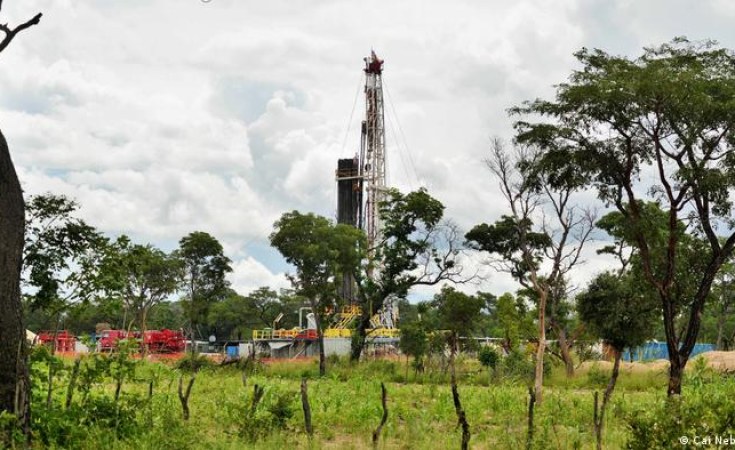Windhoek, Namibia — A parliamentary investigation in Namibia found that Canadian oil exploration company ReconAfrica violated several of the country's laws and that its local partner deceived and misled the public about the value of its shareholdings on various international stock exchanges.
Despite the findings, ReconAfrica has been allowed to continue exploring for oil.
Vincent Marenga, a ruling party member of Namibia's Parliamentary Committee on Natural Resources, told VOA that the committee's investigation found ReconAfrica did not secure the proper permits before it began its oil exploration activities. But he said the violations were minor.
"That is our argument," Marenga said. "We are not saying that ReconAfrica is an angel that has been doing everything accordingly. They have violated [laws], but it was for permits. They drilled boreholes without permits, and on that one there will definitely be penalties against them."
Nadia April, one of the petitioners who approached parliament to protest ReconAfrica's presence in the Okavango Delta -- a wilderness area in northeastern Namibia -- said their opposition to the presence of Recon was based on the contamination the oil drilling could create, as well as the plight of the indigenous people.
She said the fact that the company was found in violation of the law but still allowed to proceed was a disappointment to her and the group she represents.
"The project started without the proper consultation within the region, and the consultations were done without the indigenous people," April said. "We were referring to also the U.N. declaration on rights of indigenous people that says there has to be free, prior and informed consent ... from indigenous people, so those consultations were not being done."
Outside of Namibia, ReconAfrica is being sued in a U.S. court for having allegedly misled its shareholders. The Namibian parliamentary committee said it was concerned that ReconAfrica is seeking to raise money using Namibian resources on the basis of a 10% partnership with a local partner, the Namibia Petroleum Corp., or NAMCOR.
Rinaani Musutua, a trustee of the Economic and Social Justice Trust, opposed ReconAfrica's presence in Namibia on the basis of environmental concerns, such as fracking and water pollution.
"Some of the activists that are on the ground in the Kavango region have also told us that ReconAfrica has left, and it's not a surprise to us at all that they have left," Musutua said. "They have built up quite a bad reputation for themselves. In the end, they started getting sued by investors, first in the Unites States of America and now in Canada, for having given investors misinformation and provided them with information that wasn't true."
ReconAfrica's spokesperson could not be reached despite various attempts by the Voice of America.
The parliament committee that investigated the petitioners' concerns said the issues in their petitions were not serious enough to warrant the company's expulsion from the country.
While the protesters want the company to be forced to leave, the parliament committee recommended the company stay but refrain from breaking Namibian laws.


